
Radcliffe College was a women's liberal arts college in Cambridge, Massachusetts, and functioned as the female coordinate institution for the all-male Harvard College. Considered founded in 1879, it was one of the Seven Sisters colleges and held the popular reputation of having an intellectual, literary, and independent-minded female student body.

The Radcliffe Institute for Advanced Study at Harvard University, also known as the Harvard Radcliffe Institute, is an institute of Harvard University that fosters interdisciplinary research across the humanities, sciences, social sciences, arts, and professions. It is the successor institution to the former Radcliffe College, originally a women's college connected with Harvard.

The Arthur and Elizabeth Schlesinger Library on the History of Women in America is a research library at the Radcliffe Institute for Advanced Study, Harvard University. According to Nancy F. Cott, the Carl and Lily Pforzheimer Foundation Director, it is "the largest and most significant repository of documents covering women's lives and activities in the United States".
Ruth Marion Batson was an American civil rights activist and outspoken advocate of equal education. She spoke out about the desegregation of Boston Public Schools. She served as Chairman of the Public Education Sub-Committee of the National Association for the Advancement of Colored People (NAACP) in 1953. Later, she served as the executive director of the Metropolitan Council for Educational Opportunity (METCO).
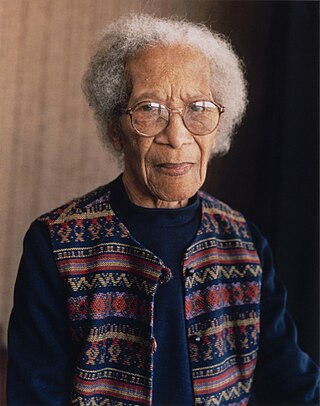
Eva Beatrice Dykes was a prominent educator and the third black American woman to be awarded a PhD.
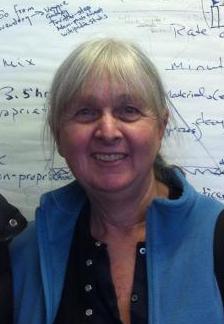
Melissa Ludtke is an American journalist. In 1978, as a young sports journalist, Ludtke won a lawsuit for the right to be allowed in Major League Baseball locker rooms.
The Black Women Oral History Project consists of interviews with 72 African American women from 1976 to 1981, conducted under the auspices of the Schlesinger Library of Radcliffe College, now Radcliffe Institute for Advanced Study.
Elizabeth Winship was an American journalist, best known for writing the syndicated advice column "Ask Beth."
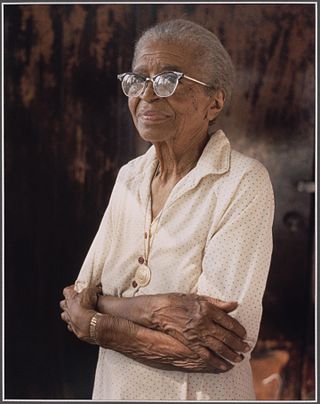
Eunice Verdell Rivers Laurie (1899–1986) was an African American nurse who worked in the state of Alabama. She is known for her work as one of the nurses of the U.S. Public Health Service Syphilis Study in Macon County from 1932 to 1972.
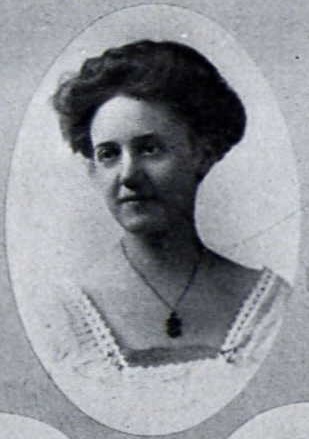
Elizabeth Bancroft Schlesinger was an American suffragist, civic leader, feminist, and pioneer in the field of women's history.

Ruth Janetta Temple (1892–1984) was an American physician who was a leader in providing free and affordable healthcare and education to underserved communities in Los Angeles, California. She and her husband, Otis Banks, established the Temple Health Institute in East Los Angeles, which became a model for community-based health clinics across the country.

Lucy Miller Mitchell was an early childhood education specialist and community activist from Boston who was instrumental in getting the state to regulate day care centers. She is credited with modernizing the day care system in Massachusetts.

Frances Mary Albrier was a civil rights activist and community leader.

Christia V. Daniels Adair was an African-American suffragist and civil rights worker based in Texas. There is a mural in Texas about her life, displayed in a county park which is named for her.
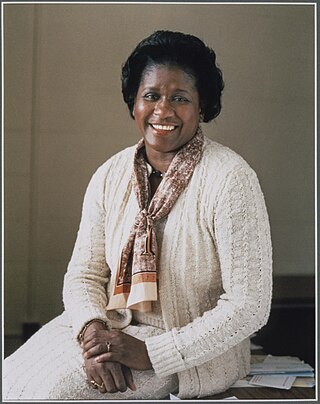
Ellen Swepson Jackson was an American educator and activist. She is best known for founding Operation Exodus, a program that bused students from overcrowded, predominantly black Boston schools to less crowded, predominantly white schools in the 1960s. The program paved the way for the desegregation of Boston's public schools.
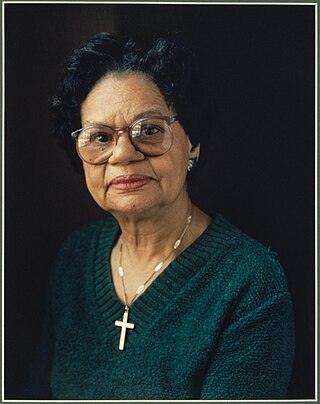
Olivia Pearl Stokes was a religious educator, ordained Baptist minister, author, administrator, and civil rights activist. As the first African American woman to receive a doctorate in religious education, Stokes was a pioneer in her field dedicated to empowering disenfranchised and underrepresented groups. A majority of her work reflects her primary role as a religious educator, her commitment to develop leadership training, and her efforts to eliminate negative stereotypes of women and African Americans. She was also an avid student of African cultures, and developed programs to promote understanding of African civilizations.

Ozeline Pearson Wise was the first African-American woman to be employed in the banking department of the Commonwealth of Massachusetts, a position she held for 20 years. She and her sister Satyra Bennett co-founded the Citizens Charitable Health Association and the Cambridge Community Center.
Jessie Abbott (1897–1982) was a member of the Tuskegee Institute community and was married to Cleveland Abbott. Together they worked to create one of the first organized women's college athletic programs at Tuskegee. They coached the first all-Black girls' track team to enter the Olympics. Jessie Abbott acted as the secretary for the wives of the presidents of Tuskegee as well as George Washington Carver.

Elizabeth Cardozo Barker was the founder of Cardozo Sisters Hairstylists in Washington, D.C. She was also a president of the D.C. Cosmetology Board.

Florence Edmonds (1890-1983) was a nurse, teacher, and healthcare administrator.
















